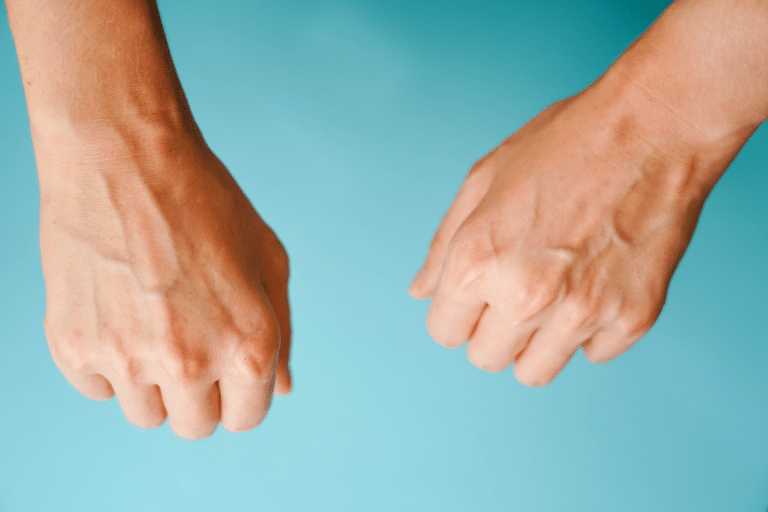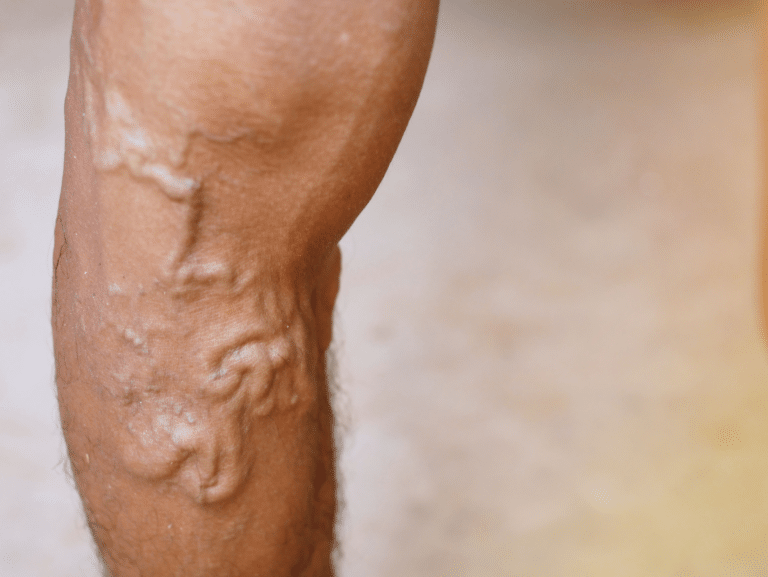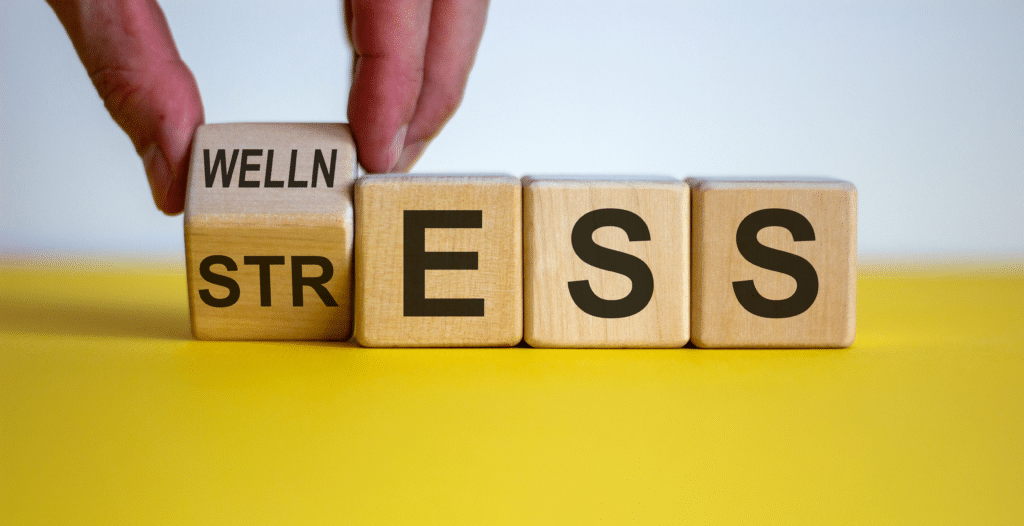Stress is something that we all experience in our daily lives, but did you know that it can negatively impact your vein health? The silent killer, stress, is often overlooked as contributing to vein problems such as varicose and spider veins. When stressed, our bodies release hormones that can cause our blood vessels to constrict, leading to poor circulation and potential damage to our veins. This damage can result in the formation of varicose veins or spider veins, which are not only unsightly but can also cause discomfort and even more serious health issues if left untreated. In this article, we will explore how stress affects your vein health, the symptoms to look out for, and what you can do to prevent or treat vein problems caused by stress. So, take a deep breath, relax, and read on to learn more about this silent killer and how you can protect your vein health.
Understanding stress and its impact on the body
Stress is a natural response to challenging or threatening situations, and it has been an essential survival tool for humans for thousands of years. However, in today’s fast-paced world, stress has become an all-too-frequent occurrence that can negatively impact our health in various ways. When we experience stress, the body releases hormones such as cortisol and adrenaline, which prepare us for the fight-or-flight response. These hormones cause the heart rate to increase, the muscles to tense up, and the blood vessels to constrict, all of which can lead to poor circulation and damage our veins.
Stress can also contribute to developing unhealthy habits such as smoking, overeating, and lack of exercise, which can further exacerbate vein problems. Over time, chronic stress can lead to a weakened immune system, increased inflammation, and other health problems.
The connection between stress and vein health
The connection between stress and vein health is not always immediately apparent, but it is a significant contributing factor to the development of varicose and spider veins. When the body is under stress, the veins can become damaged, leading to weakened valves and decreased blood flow. This decreased blood flow can cause blood to pool in the veins, developing varicose or spider veins.
Chronic stress can also lead to inflammation, further exacerbating vein problems. Inflammation can cause the blood vessels to become more permeable, allowing fluids to leak into the surrounding tissue and leading to edema or swelling.

The symptoms of vein problems caused by stress
The symptoms of vein problems caused by stress can vary depending on the severity of the condition. Varicose veins are often the most visible sign of vein problems and can appear as bulging, twisted veins that are blue or purple in color. Spider veins are smaller, thinner veins that can appear as red or blue lines on the skin’s surface. Both varicose veins and spider veins can cause discomfort, swelling, and aching in the affected area.
In more severe cases, vein problems caused by stress can lead to ulcers or open sores on the skin, which can be painful and challenging to treat. If left untreated, these ulcers can become infected, leading to more severe health issues.
How stress affects blood flow and circulation
Stress can affect blood flow and circulation in a variety of ways. When the body is under stress, the heart rate increases, and the blood vessels constrict, leading to decreased blood flow to the extremities. This decreased blood flow can cause blood to pool in the veins, developing varicose or spider veins.
Chronic stress can also lead to increased inflammation in the body, which can cause the blood vessels to become more permeable, allowing fluids to leak into the surrounding tissue. This fluid buildup can lead to edema or swelling, further exacerbating vein problems.
Lifestyle changes to reduce stress and improve vein health
Making lifestyle changes to reduce stress can have a significant impact on vein health. One of the most effective ways to reduce stress is through regular exercise. Exercise can help to reduce stress hormones, increase circulation, and strengthen the veins, all of which can help to prevent or treat vein problems.
Other lifestyle changes that can help to reduce stress include getting enough sleep, eating a healthy diet, and practicing relaxation techniques such as yoga or meditation. Avoiding unhealthy habits such as smoking and overeating can also help to improve vein health.

Exercise and stress reduction techniques for vein health
Regular exercise is one of the most effective ways to reduce stress and improve vein health. Exercise can help to increase circulation, strengthen the veins, and reduce stress hormones. Some of the best exercises for vein health include walking, cycling, swimming, and yoga.
In addition to exercise, there are a variety of stress reduction techniques that can help to improve vein health. These techniques include deep breathing, meditation, and mindfulness practices. Taking time each day to relax and unwind can help to reduce stress hormones and improve overall vein health.
Treatment options for vein problems caused by stress
Various treatment options are available for vein problems caused by stress. In mild cases, lifestyle changes such as exercise and stress reduction techniques may be enough to prevent or treat vein problems. However, in more severe cases, medical treatment may be necessary.
Medical treatment options for vein problems caused by stress include sclerotherapy, laser therapy, and endovenous ablation. These treatments can help to remove or close off damaged veins, improving circulation and reducing the appearance of varicose veins or spider veins.
Prevention of vein problems caused by stress
Preventing vein problems caused by stress requires lifestyle changes and stress reduction techniques. Regular exercise, a healthy diet, and stress reduction techniques such as deep breathing and meditation can all help to prevent or reduce the severity of vein problems.
It is also important to avoid unhealthy habits such as smoking and overeating, which can exacerbate vein problems. Wearing compression stockings and taking breaks to stretch and move around during long periods of sitting or standing can also help to improve circulation and prevent vein problems.
Conclusion
In conclusion, stress is a silent killer that can negatively impact your vein health. When we are stressed, our bodies release hormones that can cause our blood vessels to constrict, leading to poor circulation and potential damage to our veins. This damage can result in the formation of varicose veins or spider veins, which are not only unsightly but can also cause discomfort and even more serious health issues if left untreated.
Preventing and treating vein problems caused by stress requires a combination of lifestyle changes, exercise, and stress reduction techniques. It is also important to seek medical treatment if vein problems become severe. By reducing stress and improving vein health, you can protect yourself from the silent killer and enjoy a healthier, happier life.

